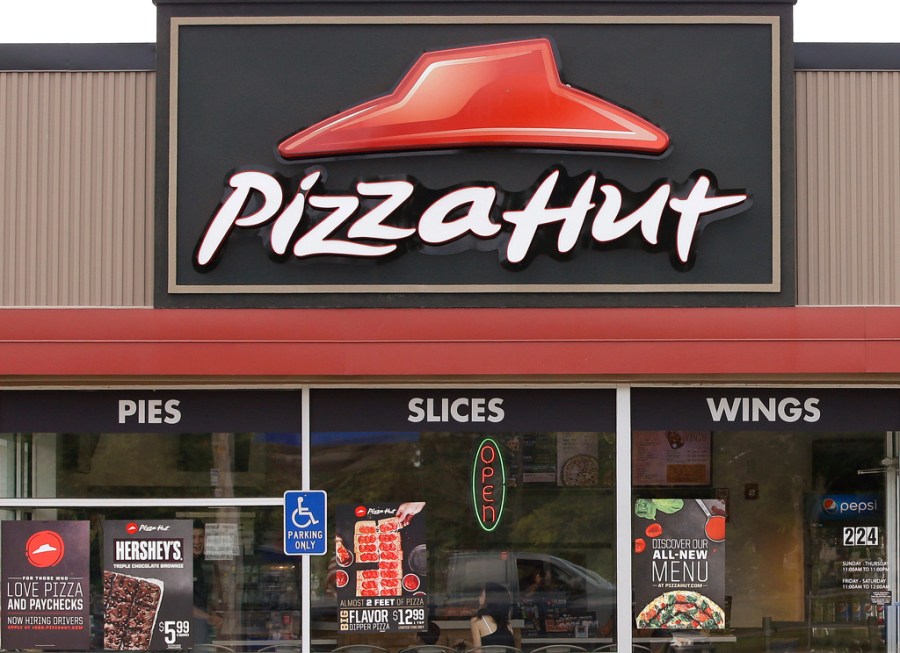Two federal judges have mandated that the Trump administration continue funding for the Supplemental Nutrition Assistance Program (SNAP), known as CalFresh in California. This ruling comes amid concerns of a funding shortfall that could impact over 5 million Californians, including approximately 2 million children, who rely on the program for essential food assistance.
The deadline for funding was set for November 1, 2023, and with the government shutdown now entering its second month, food banks in the Bay Area have intensified their efforts to support the half a million residents who depend on these benefits. The ruling requires the administration to utilize emergency funds to sustain SNAP benefits during this critical period.
Judicial Ruling and Government Response
During a press conference on Friday, Rep. Lateefah Simon of Oakland expressed her commitment to ensuring that families in her district receive the necessary support. “So while there may be a gap, we don’t even know what that gap may be, maybe hours, maybe days, we will take care of our own,” Simon stated. She emphasized the importance of community mobilization to alleviate food insecurity.
In response to the ruling, Regi Young, executive director of the Alameda County Community Food Bank, highlighted their proactive measures: “We’re purchasing a ton of food to come into the community so we can get those out into our communities throughout Alameda County.” This reflects a broader effort to ensure that families continue to have access to nutritious food options.
The judges have requested an update from the administration by Monday, indicating the urgency of the situation. While President Trump acknowledged the court’s decision, he attributed the ongoing government shutdown to “radical Democrats” and expressed the need for clarity regarding the implementation of the ruling. On his platform, Truth Social, he remarked that any guidance from the court would likely lead to delays as states navigate the distribution of funds.
Impact on Families and Advocacy Groups
Legal expert David Levine from UC Law San Francisco commented on the implications of the judges’ decisions, stating, “These two judges independently, both said, you do have the power so for the administration to now say, Oh, we don’t know what it means, is kind of unusual.” This highlights the legal authority granted to the administration to act during emergencies, despite its expressed uncertainty.
Advocacy organizations, such as Parent Voices Oakland, have welcomed the court’s ruling but remain concerned about the lingering uncertainty for families. “It’s so much precarity. Even just knowing the stress of knowing that your benefits may not be there next month… is a really just an evil form of suffering,” said Annie Banks, a coalition and community partnerships organizer at the organization. The group operates a food pantry to support families in need, emphasizing that they are welcome to utilize these resources.
As it currently stands, it remains unclear when CalFresh debit cards will be reloaded for beneficiaries to purchase groceries. The standard process for reloading cards typically takes one to two weeks, adding another layer of anxiety for families depending on these benefits.
The SNAP program, which serves approximately one in eight Americans, costs around $8 billion per month nationally. Of this, emergency funds are intended to cover about $5 billion. The recent ruling serves as a crucial intervention to maintain food assistance during a time of governmental instability, reflecting the urgent need for support among many American families.







